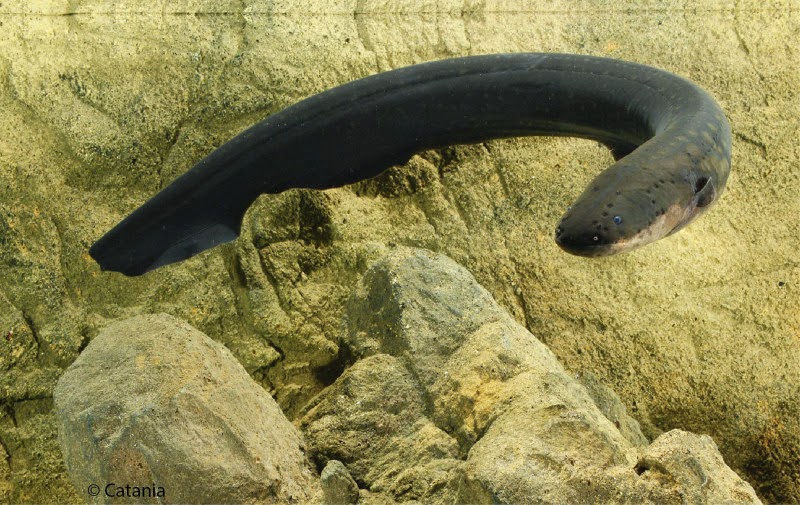Five projects for introducing new technologies into highland agriculture will be launched as a result of the European cross-border cooperation AGRIPIR project. In concrete, plans are being drawn up for the teledetection of diseases amongst animals, the prevention of attacks by wolves and other predators, there mote monitoring of herd activity, and the self-supply of energy to remote holdings, as well asa “virtual herder” for controlling herds at a distance.
The European AGRIPIR project, in which various partners on both sides of the Pyrenees have been working for over three years in order to modernise agriculture and animal herding in mountainous areas, concluded with a two-day seminar in Bidart (in Labourd, in the continental Basque Country) . Five innovative projects to introduce new technologies onPyrenees farm-holdings were presented. The seminar was held on 11 and 12 ofDecember, in the presence of a number of authorities, outstanding amongst whom was the recently appointed European Commissioner for Agriculture and Rural Development, Mr. Phil Hogan from Ireland.
In concrete, this network of exchange and experimentation for the revaluation and enhancement of agriculture in the Pyrenees has given rise to four new projects:
- Power Box: developing an energy kit made up of various supply sources and that guarantees energy autonomy for mountain herders and shepherds in zones of difficult access in order to carry out their daily tasks.
- Mastech: developing technologies based on nuclear magnetic resonance, thermography, proteomics (the study of proteins) and measures based on behaviour andphysiologyfor the early detection amongst sheep, goat and cattle herds of mastitis processes (the most frequent diseases that affect the dairy industry worldwide).
- Live-Pre Life: improving the co-existence of large predators and herds in mountain areas, through developing intelligent fencing, methods for the early detection of attacks, and active systems to drive away wolves and other potentially dangerous animals.
- Cowmon: developing an open, low-cost system with unlimited autonomy for monitoring herd activity over large expanses of terrain and to provide new services linked to animal welfare and tothe productivity of farmlands.
A pilot project known as e-Pasto has also already been developed, involving a “virtual herder” to control herds remotely, using latest-generation geo-location devices fitted to the collars of the animals.
Source: Elhuyar Fundazioa




































